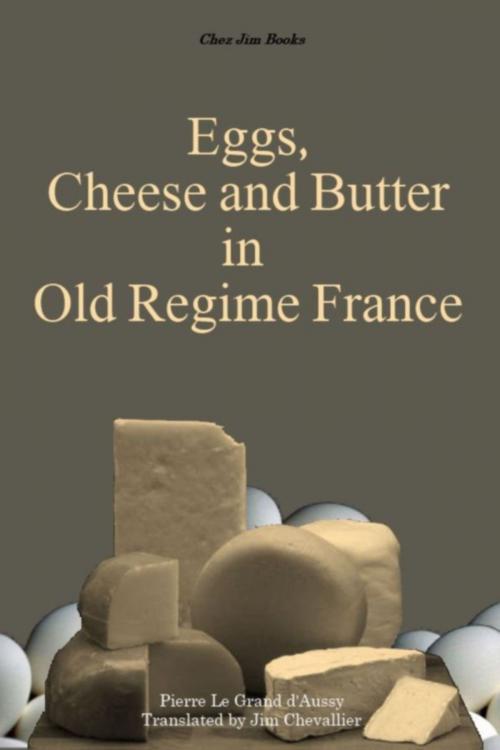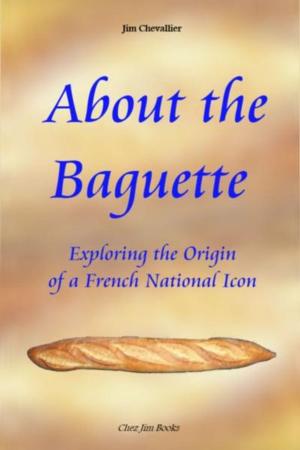Eggs, Cheese and Butter in Old Regime France
Nonfiction, Food & Drink, International, European, French, Food Writing| Author: | Jim Chevallier | ISBN: | 9781301649471 |
| Publisher: | Jim Chevallier | Publication: | January 14, 2013 |
| Imprint: | Smashwords Edition | Language: | English |
| Author: | Jim Chevallier |
| ISBN: | 9781301649471 |
| Publisher: | Jim Chevallier |
| Publication: | January 14, 2013 |
| Imprint: | Smashwords Edition |
| Language: | English |
Green eggs were popular once, and long before Dr. Seuss, in France. Poached eggs were served with orange juice and spices. Easter eggs inspired not egg hunts, but loud, raucous processions.
Cheese might be eaten with sugar and even cinnamon. Brie and Parmesan cheese were popular long before modern times. Butter could be preserved with salt, but also by being melted and put in earthenware jars.
On fast days, when meat was forbidden, sometimes eggs were allowed, in other periods they were not; the same thing was true of milk and cheese.
These facts are all found in the brief but wide-ranging chapter the eighteenth century writer Le Grand d'Aussy included on eggs and dairy products in his three volumes on the history of French food. Two hundred years later, modern food historians still turn to Le Grand's work for information on various foods, and this new translation gives a sample of the varied and colorful information they find there.
Green eggs were popular once, and long before Dr. Seuss, in France. Poached eggs were served with orange juice and spices. Easter eggs inspired not egg hunts, but loud, raucous processions.
Cheese might be eaten with sugar and even cinnamon. Brie and Parmesan cheese were popular long before modern times. Butter could be preserved with salt, but also by being melted and put in earthenware jars.
On fast days, when meat was forbidden, sometimes eggs were allowed, in other periods they were not; the same thing was true of milk and cheese.
These facts are all found in the brief but wide-ranging chapter the eighteenth century writer Le Grand d'Aussy included on eggs and dairy products in his three volumes on the history of French food. Two hundred years later, modern food historians still turn to Le Grand's work for information on various foods, and this new translation gives a sample of the varied and colorful information they find there.















